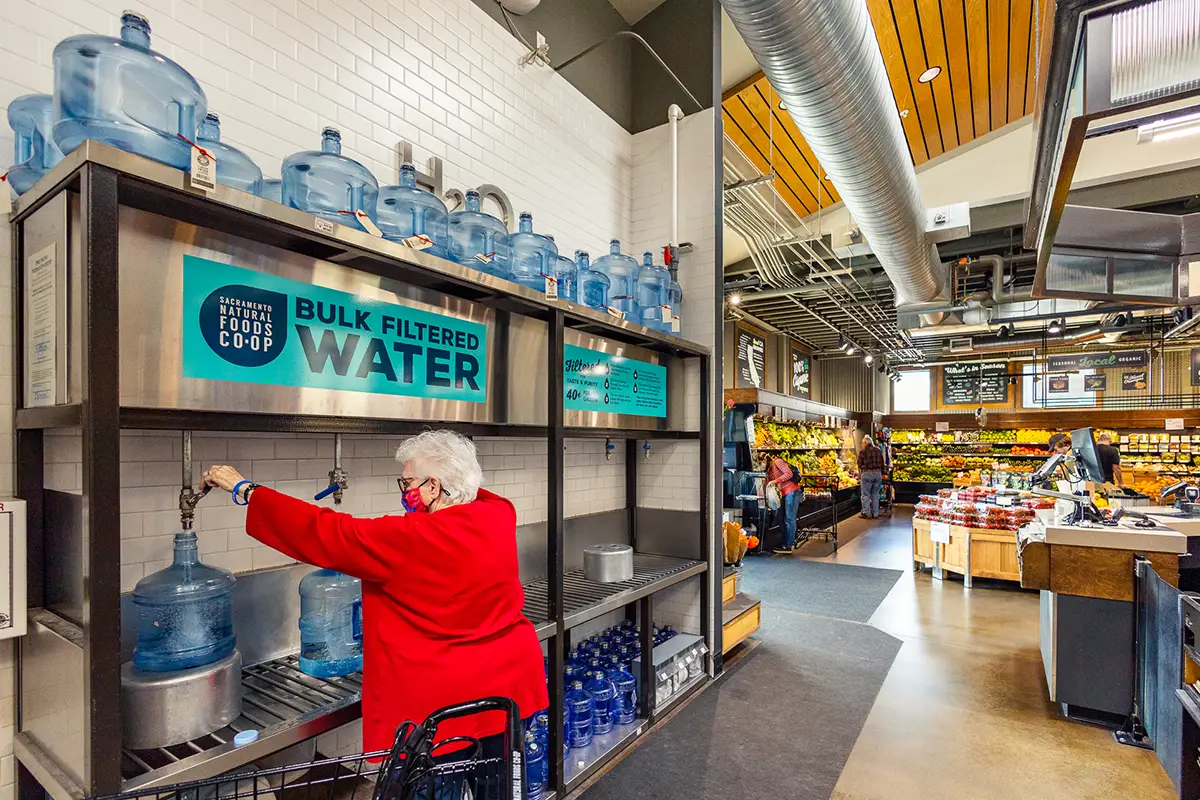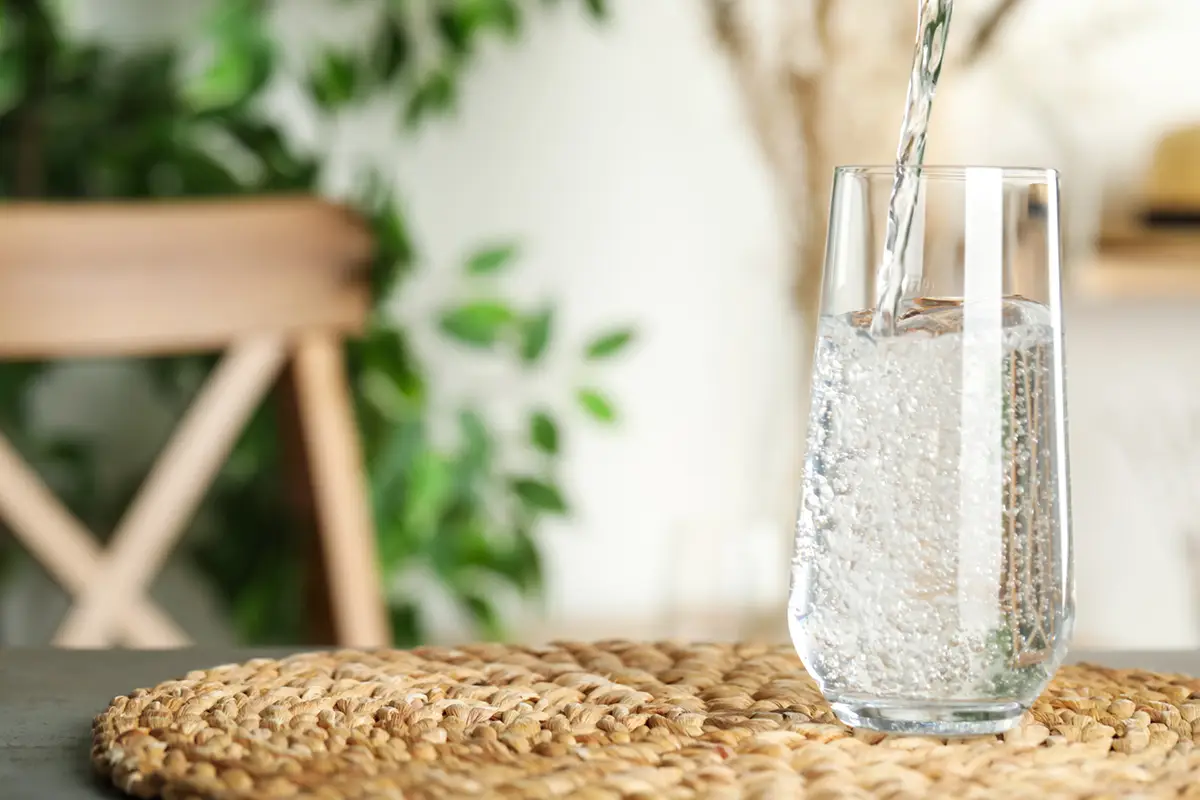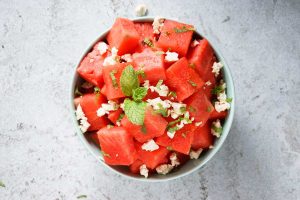
5 Keys to Proper Hydration
As we head into Sacramento summer, most people know that hydration is essential to overall health, yet so many Americans live in a state of chronic dehydration.
The increased awareness in pop culture about the importance of hydration has inspired a cascade of hydration products: apps that tell you when to drink water, refillable water bottles with measurements and encouragement, electrolytes in liquid, capsule and powder form.
Not to mention all of the options for bottled water and filtration systems! The information can be overwhelming and confusing, especially when you’re trying to learn all you can to change lifelong habits.
Water is considered the most important nutrient in the body. Being properly hydrated plays crucial roles in how our body functions and feels. When we hydrate, we support its ability to:
- Transport nutrients and waste
- Facilitate cell-to-cell communication
- Regulate body temperature
- Lubricate joints and bones
- Empower the body’s natural healing process
Some early signs that you may be dehydrated are fatigue, dry mouth, muscle cramps, anxiety, headaches and having a hard time concentrating. Some chronic signs are heartburn, joint and back pain, constipation and colitis. You may find some of your symptoms lessen once you are getting enough water.

1. Start Where You Are
One of the most effective ways to make lifelong changes is to start where you are. Acknowledge and respect your current circumstances, abilities, and limitations. If the majority of your beverage consumption comes from juice, alcohol and coffee, the changes you begin with will be different from someone who only drinks water. So be kind to yourself, limit judgment and start small. These habit changes are immensely important as they provide the building blocks for personal growth and success.
2. Drink Enough Water
Seems pretty simple, right? But anyone who has calculated how much they need and had to strategize how to actually consume that amount knows that it’s not as easy as it seems. A general rule of thumb for most people is to drink half of your body weight in ounces of high quality water. Each body has different requirements based on a combination of factors like age, activity level, processed food and sugar intake, pregnancy, etc. Shoot for the general rule while tuning in to your body to feel what’s right for you. It is best to sip your water between meals so you don’t dilute your stomach acid and enzymes. One way to get a head start is to drink 8-16 ounces of water first thing in the morning.
3. Eat Hydrating Foods
Incorporate foods high in water content into your meals like cucumbers, lettuce, tomatoes, strawberries and melon. In summer, when we need it most, hydrating foods are abundant (high five nature!)
4. Take Note of Your Diuretic Beverages
If you drink diuretic beverages like coffee, tea, soda and alcohol, acknowledge that they will affect your overall hydration. Either decrease the amount you consume, or balance them out with more water. For every ounce of dehydrating beverage, add an ounce to your regular consumption of water.
5. Add Electrolytes
Electrolytes, simply put, allow your body to hold on to and efficiently utilize all the water you drink. Minerals are key! Try coconut water, adding trace mineral drops, a pinch of sea salt or hydrating powders to your water.
Try these hydrating recipes to help you stay cool:
Print & Share



